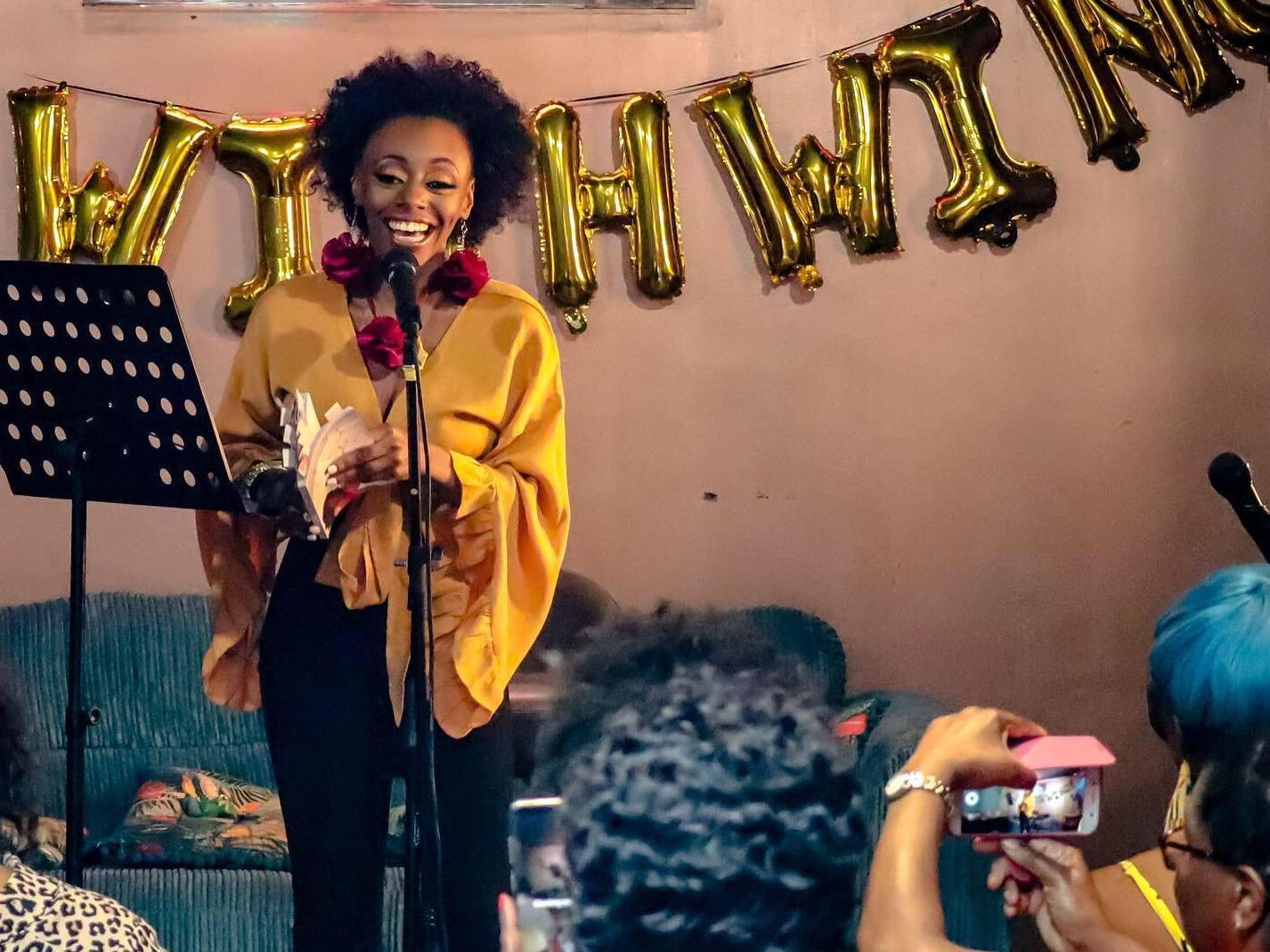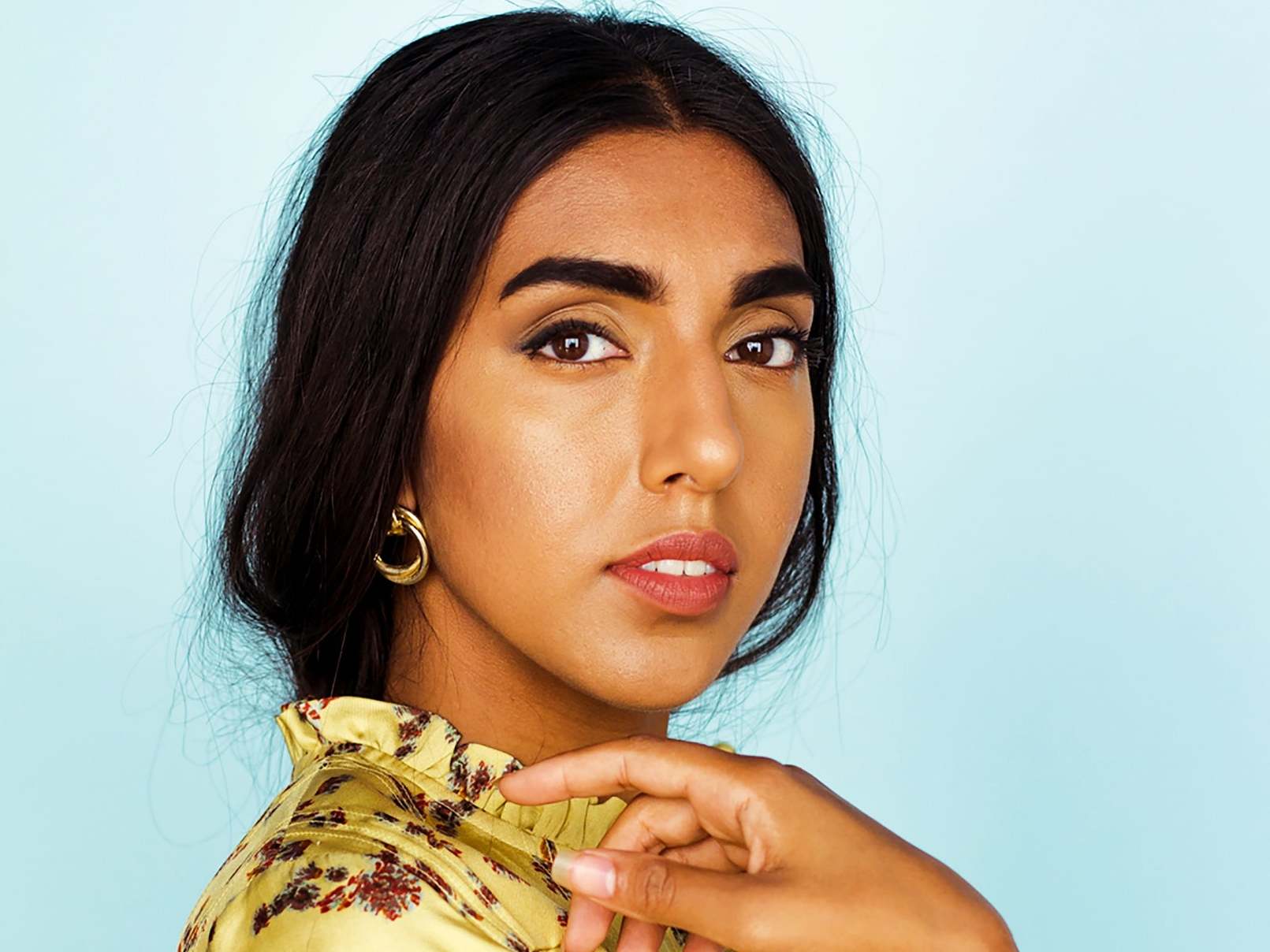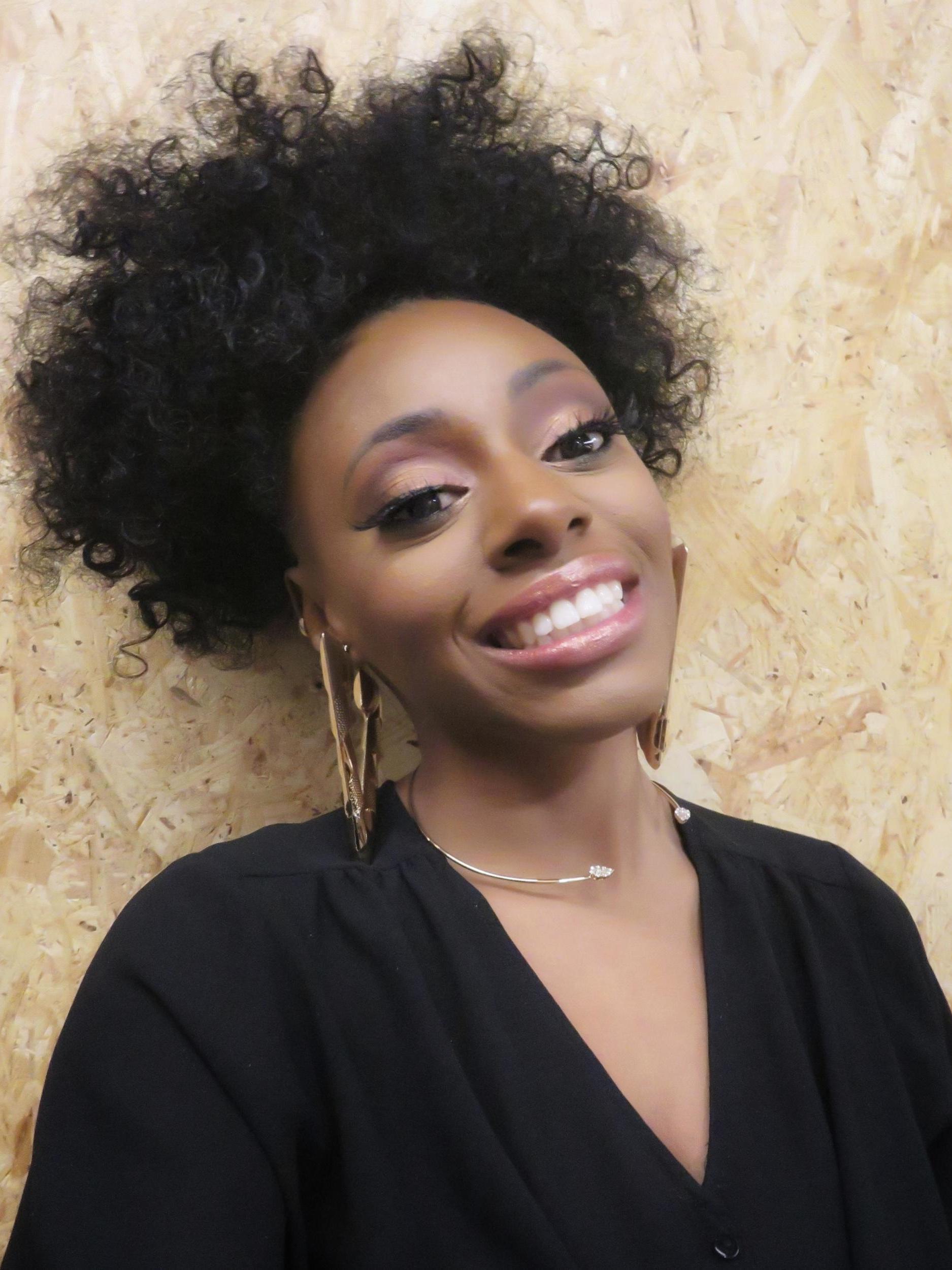How Instapoets are blurring the lines between art and entrepreneurship
Once thought to be a dying art form, the written verse has been revived on social media. Martin Friel talks to Tene Edwards, one of the many bards of the modern era turning the art form into an industry

Many bemoan the negative impact social media has had on reading and on the simple act of contemplation. But despite the predictions of entire generations becoming attention-deficient and culture-blind, sales of poetry books are surging.
According to book sales monitor Nielsen BookScan, well over one million volumes of poetry were sold in 2018 to the value of £12.3m, a £1.3m increase on the previous year. Interestingly, just over 40 per cent of those sales were from people aged 13 to 22.
Poetry hasn’t been this popular since a bunch of school kids stood on their desks intoning “O Captain, my Captain!” at a watery-eyed Robin Williams back in 1989. So what the hell is going on?
Ironically, it is social media, the assumed enemy of literature, that is driving this new boom in poetry. Instapoetry is a thing and it has millions of followers on Instagram and other social media platforms.
It’s billed as poetry and looks like poetry but, more often than not, it takes the form of self-help and motivational quotes based on love and heartbreak. It’s a bit like traditional poetry, but not quite.
Take this example from one of the most popular “Instapoets”, Canadian Rupi Kaur who boasts four million Instagram followers and has an estimated net worth of $1m (£803,000):
do not look for healing
at the feet of those
who broke you
There are a whole host of similar poets scrabbling for the attention and wealth that Kaur enjoys. Take American Instapoets R H Sin for example. His near-two million followers can do more than take inspiration from his words on Instagram. They can access those same words on mobile phone covers, water bottles, T-shirts, even duvet covers and all available from his online shop. He is by no means alone in taking this approach. The successful Instapoet does more than write words – they monetise those words.
I feel more like an entrepreneur than somebody that just writes, and I don’t think anyone should be embarrassed about making money doing what they love
It’s not art as you know it. It’s art as commerce.
And one of the leading UK Instapoets has unabashedly embraced this concept. Tene Edwards started posting snippets of thoughts, ideas and musings on Instagram in 2016 and since then, she has morphed into an Instapoet, building up a following of 40,000 in the process.
Her work has been shared by the likes of actor Wesley Snipes, Orange Is the New Black actress Dascha Polanco and professional person, Khloe Kardashian and her 107 million Instagram followers.
This kind of attention is the holy grail for people like Edwards because that kind of reach means eyes and eyes mean money (theoretically). But a pursuit of cash wasn’t where it started for Edwards.
“When I started I had no idea that I could make a living out of it,” she says.

“It was just getting my thoughts and feelings out there and seeing if there were other people that could understand me. I felt misunderstood by my immediate friends and family because I didn’t open up about my feelings. I found comfort in putting my feelings out there to strangers.”
Which is pretty much exactly the reason any poet or writer has ever put pen to paper. But when she saw what the likes of Rupi Kaur and Najwa Zebian were doing, the penny dropped that she could make more of her self-expression.
Edwards focuses almost exclusively on messages of self-love and motivation. Messages like:
If you approach the mountain in fear,
it will look bigger than it actually is
And
I believe in the woman
I am striving to become
Some traditional poets and academics have criticised this new style of poetry, claiming it lacks depth, meaning and even ability.
“I have had negative feedback from other artists,” says Edwards.

“Some people say that my writing is very cliched in that there are lots of pieces out that are similar to mine, on the same topic and so on. But I feel like that the people that don’t enjoy what I do are not my audience but that is just the nature of art.”
Regardless of whether it is considered art by the established scene’s gatekeepers, Edward’s focus is as much on building her self-love brand as it is on gaining artistic acceptance.
She spends a huge amount of time building that brand online, pushing her collection of poetry, touting the upcoming arrival of her children’s book and advertising the growing number of spoken word events and self-love workshops she hosts. So, is she a poet or is she a businesswoman?
“I feel like an entrepreneur because alongside writing I do many other things, such as speaking engagements and workshops where I speak about my journey, my story and self-love,” she says.
“I feel more like an entrepreneur than somebody that just writes, and I don’t think anyone should be embarrassed about making money from what they love to do. Many people have chosen to be entrepreneurs because they love what they do.”
It’s difficult to argue with that logic and this commercial focus has seen her start the development of self-love-themed merchandise and has engaged with a mentor to help her build her brand.
But the arrival of Covid-19 and the almost complete cessation of normal life has put the (temporary) brakes on this progress. But, as you’d expect from a self-love and self-help advocate, she’s philosophical about it all. In fact, she sees opportunity in it.
“I had a lot of speaking engagements lined up which have all been cancelled and that has affected me in terms of income,” she admits.
“But people are going to be spending a lot more time with themselves. Reading is done alone and this could be an opportunity for me.
“It’s about building profile and building awareness of my brand for the future projects I am working on.”
Which seems like a very entrepreneurial approach to the problem. And she’s probably right – if ever there was a time for affirmative messages to be sent out to the isolated masses, this is it.
Join our commenting forum
Join thought-provoking conversations, follow other Independent readers and see their replies
Comments